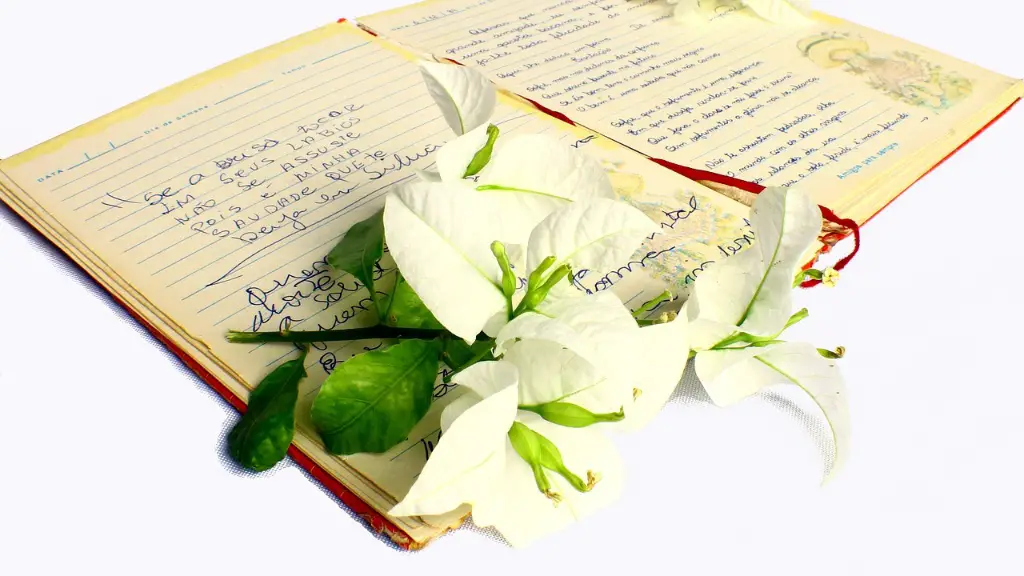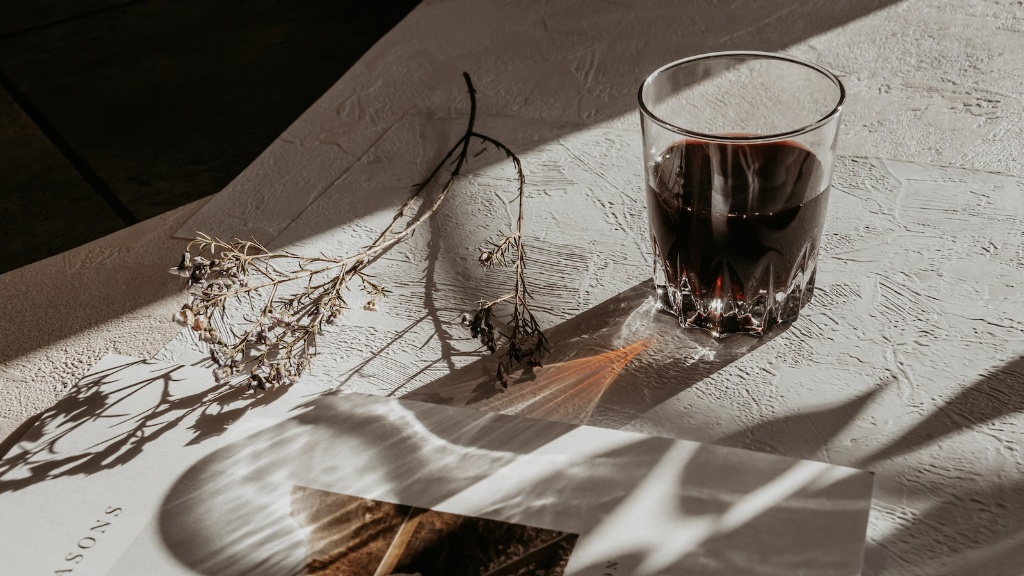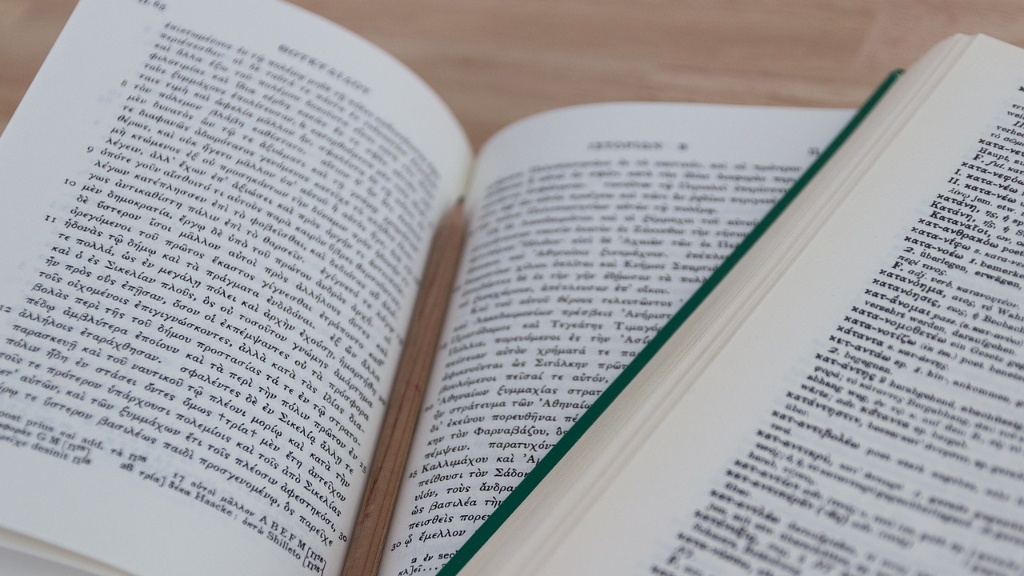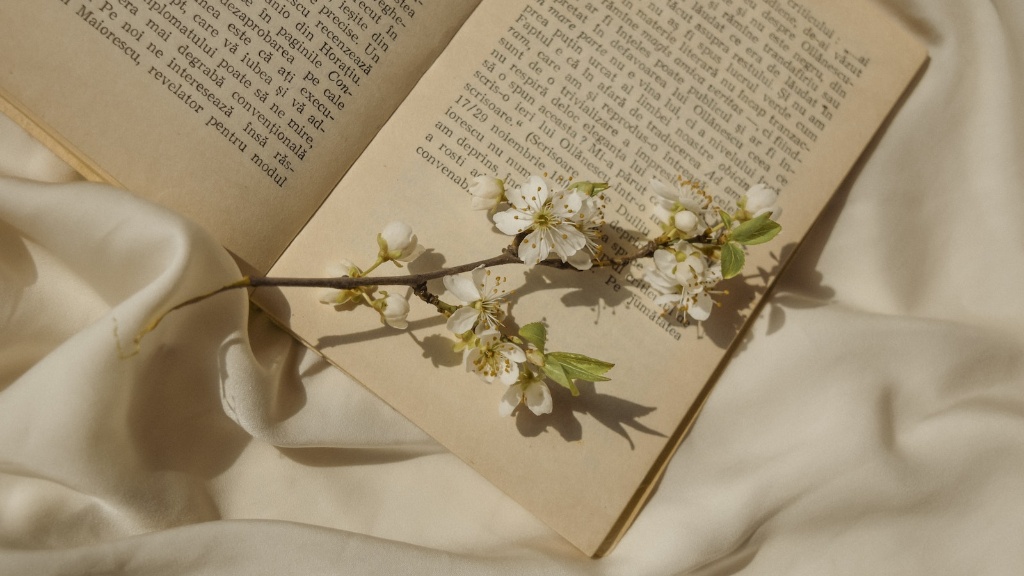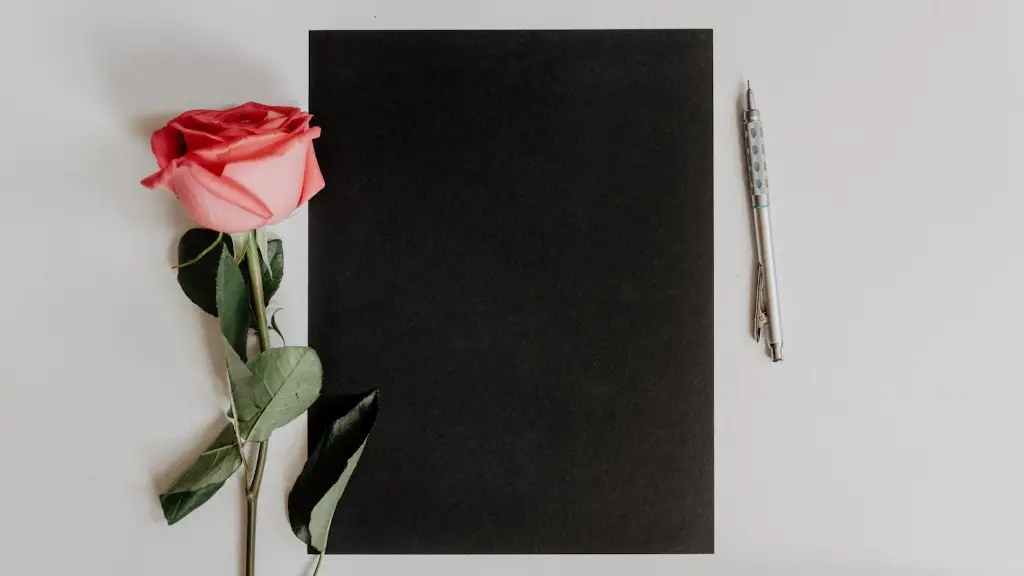Poetry has been around for centuries, captivating and enthralling people with its promise of romance, courage and devastation through the use of powerful words. Whilst some poets write melancholic, dark poetry, others focus on finding the beauty and joy in the everyday, transforming it into something quite extraordinary. With so many different kinds of poetry, it’s important to know what they are and how they differ to each other. In this article, we’ll explore the five main types of poetry and the techniques that define them.
The five main types of poetry are lyric poetry, narrative poetry, dramatic poetry, poetry of reflection and poetry of the imagination. Lyric poetry is the most common and is often focused on expressing emotions. Commonly written in either verse or song-like form, it’s usually subjective and personal and can give insight into the poet’s life.
Narrative poetry is the oldest type of poetry and is used to tell stories. This type of poetry is often conversational and uses a variety of strategies to draw the reader in. It can be used to explore stories of love, loss and tragedy, evoke sympathy, create suspense or to teach a moral.
Dramatic poetry is probably the type of poetry you think of when you hear the word. It is written specifically to be recited or performed in front of an audience. This type of poetry typically includes characters, setting and plot and often includes a narrative thread. It can be used to explore a range of themes such as justice and injustice, good and evil.
The poetry of reflection explores the poet’s thoughts and feelings about a particular situation, event or idea. It allows the poet to express their emotions in a creative way and the aim is often to bring comfort to the reader by allowing them to identify with the poet’s experience.
Finally, the poetry of the imagination uses metaphors, symbols and imagery to bring a story to life. It is used to create a vivid, imaginative world and explores the theme of fantasy. The aim of this type of poetry is to instil an emotional response in the reader.
Each type of poem has its own unique style and structure and can be used to express different types of feelings. Knowing the different types of poetry can help you to understand the different themes and elements of a poem, and to better appreciate it for what it is.
Haiku
Haiku is a type of traditional Japanese poetry composed of 3 short lines, usually with 5 syllables in the first line, 7 in the second and 5 in the third. It often employs natural imagery and often reflects on nature or nature’s beauty. Although haiku can be extremely simple, there is a certain sophistication to the way the words are structured which can produce a strong emotional response in the reader.
A good example of a haiku is:
A frog jumps
into the pond –
the splash of joy.
In just three lines and 17 syllables, the poet has managed to create an image of pure happiness and joy.
Limericks
Limericks are a type of light-hearted rhyming poetry, made up of five lines. The lines typically follow an AABBA rhyme scheme – the first, second and fifth lines rhyme and the third and fourth lines also rhyme with each other. Limericks are usually humorous and often contain humorous characters or are based on a familiar story.
A good example of a limerick is:
There once was a man from Kent
Who swallowed a piece of cement
It got stuck in his throat
While trying to gloat
And now he can only emit.
Limericks are great fun to write and can be used to inject some light-hearted humour into a piece of writing.
Sonnets
Sonnets are a type of poetry composed of 14 lines, usually in iambic pentameter, a poetic metre consisting of five feet (an unstressed syllable followed by a stressed syllable). It has a strict rhyme scheme and is usually focused around a particular theme. Although it’s often associated with love and romance, sonnets can also be used to explore a range of topics, from friendship to politics.
A good example of a sonnet is:
Shall I compare thee to a summer’s day?
Thou art more lovely and more temperate
Rough winds do shake the darling buds of May
And summer’s lease hath all too short a date
Sometimes too hot the eye of heaven shines
And often is his gold complexion dimm’d
And every fair from fair sometime declines
By chance, or nature’s changing course, untrimm’d
But thy eternal summer shall not fade
Nor lose possession of that fair thou ow’st
Nor shall death brag thou wander’st in his shade
When in eternal lines to time thou grow’st
So long as men can breathe and eyes can see
So long lives this, and this gives life to thee.
This particular sonnet was written by Shakespeare in 1595 and is often viewed as being his greatest love poem. It’s a prime example of the beauty and elegance of a sonnet.
Cinquains
However, not all types of poetry are as intricate as sonnets and haikus. Cinquains are an incredibly simple type of poem, made up of just five lines. They don’t follow a specific rhyme scheme, instead focusing on using different words and structures to create a sense of rhythm. They’re a great way to explore different topics in a concise and creative way.
A good example of a cinquain is:
Dreaming
Floating, soaring, exploring
Through the crystal depths of slumber
Where fantasy never falters
Escape
This type of poem is great for short, impactful works of art, as it is easy to read and understand yet still conveys a lot of emotion.
Free Verse
Free verse is a type of poetry that doesn’t follow traditional rules of poetry and doesn’t have a specific rhyme scheme, meter or structure. This type of poetry is often more focused on self-expression than it is on following rules, and can be used to explore a range of topics, from love to loss.
A good example of free verse is:
I am fire and rage, burning, spiraling
Out of control, wild and free
Incinerating the ashes of yesterday
I am changing, ever-evolving
Unafraid of what tomorrow will bring.
This type of poem is great for exploring emotions in a powerful and meaningful way, without being tied down to the rules of traditional poetry.
